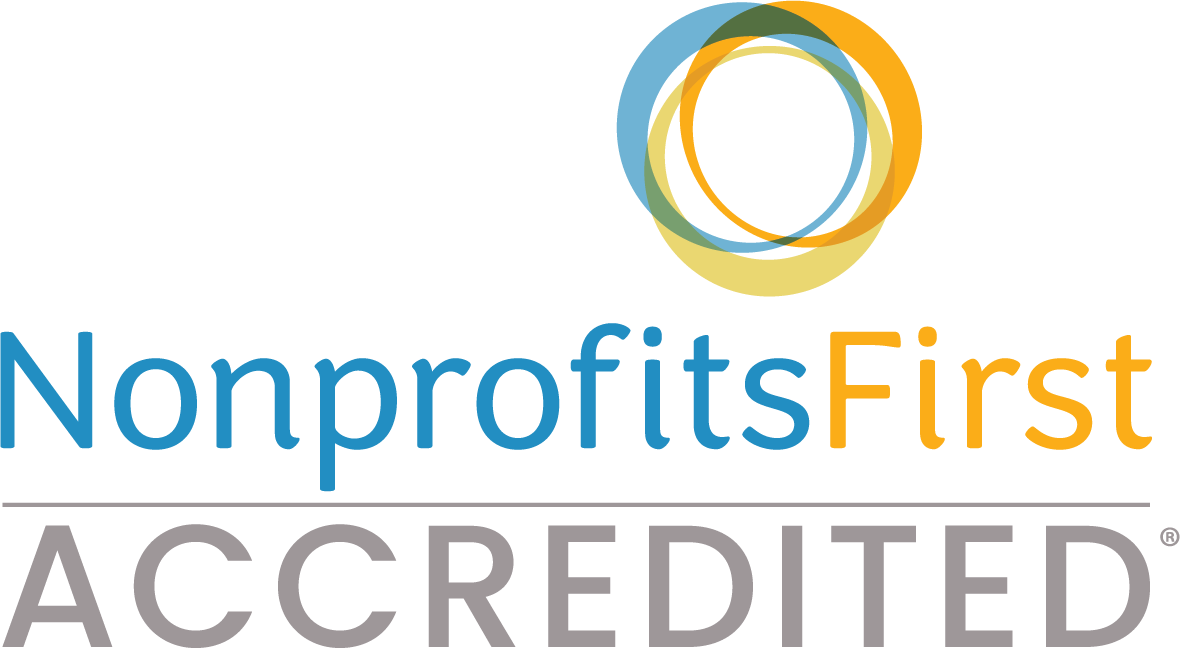Creating a Personalized Routine for Mental Health
A well-structured daily routine can be a powerful tool for maintaining and improving mental health, especially during significant life transitions such as changing jobs or entering retirement. By filling our days with meaningful activities, we can combat boredom and reduce the risk of anxiety and depression.
The Link Between Boredom and Mental Health
Boredom is more than just a fleeting feeling of disinterest; it can have significant implications for our mental well-being. Research has shown that prolonged periods of boredom can contribute to the development of anxiety and depression1. When we lack engagement in meaningful activities, we may experience:
- Decreased life satisfaction
- Reduced positive functioning
- Increased anxiety symptoms
- Heightened depression symptoms
A study published in 2024 found that job boredom was associated with subsequent decreases in life satisfaction and positive functioning, as well as increases in anxiety and depression symptoms 6. This highlights the importance of addressing boredom proactively, especially in work environments.
The Power of Routine in Mental Health
Establishing a personalized daily routine can provide numerous benefits for mental health:
- Structure and Predictability: A routine creates a sense of stability, which can help alleviate anxiety by reducing uncertainty.
- Improved Coping Mechanisms: Regular routines help us better manage stress and adapt to changes in our lives.
- Promotion of Healthy Habits: A well-designed routine can incorporate activities that support physical and mental well-being, such as exercise, proper nutrition, and adequate sleep.
- Enhanced Productivity: By allocating specific times for tasks, routines can help improve focus and efficiency.
- Increased Sense of Purpose: Engaging in meaningful activities regularly can boost self-esteem and provide a sense of accomplishment.
Creating a Personalized Routine
When developing a routine tailored to your mental health needs, consider the following steps:
- Assess Your Current Situation and Goals
- Identify areas of your life that feel lacking or where you experience boredom
- Set clear, achievable goals for what you want to accomplish
- Incorporate Meaningful Activities
- Include activities that bring you joy, challenge you, or contribute to personal growth
- Consider volunteering, learning new skills, or pursuing hobbies
- Balance Structure and Flexibility
- Create a framework for your day, but allow room for spontaneity
- Be prepared to adjust your routine as needed
- Prioritize Self-Care
- Schedule time for relaxation, meditation, or mindfulness practices
- Ensure adequate sleep and regular exercise are part of your routine
- Maintain Social Connections
- Plan regular social interactions, whether in-person or virtual
- Join clubs or groups aligned with your interests
- Set Realistic Expectations
- Start with small changes and gradually build your routine
- Be patient with yourself as you adapt to new habits
Adapting Routines During Life Transitions
Life changes such as retirement or switching careers can disrupt our sense of purpose and daily structure. During these transitions, it’s crucial to create new routines that provide meaning and engagement:
For Retirees:
- Develop a schedule that mimics the structure of a workday
- Explore new interests or hobbies you didn’t have time for previously
- Consider part-time work or volunteering to maintain a sense of purpose
For Career Changers:
- Establish a routine that supports your new work environment
- Allocate time for skill development related to your new field
- Maintain connections with former colleagues while building new professional relationships
The Role of Professional Support
While creating a personalized routine can significantly benefit mental health, it’s important to recognize when professional help is needed. If you’re experiencing persistent symptoms of anxiety or depression, consider seeking guidance from a mental health professional. They can provide personalized strategies and support in developing a routine that addresses your specific needs.
By thoughtfully crafting a daily routine filled with meaningful activities, we can combat boredom, reduce the risk of mental health issues, and navigate life transitions more smoothly. Remember, the goal is not perfection but progress. Be kind to yourself as you develop habits that support your mental well-being and lead to a more fulfilling life.
David Beaman
Attending Psychiatrist
Ruth & Norman Rales Jewish Family Services, Inc.
21300 Ruth & Baron Coleman Blvd., Boca Raton, FL 33428
Main: 561.852.3333 ~ Direct: 561.852.5027









Leave A Comment